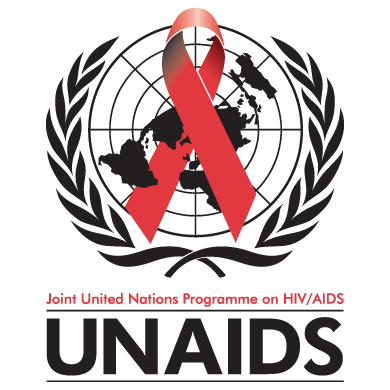This website uses cookies so that we can provide you with the best user experience possible. Cookie information is stored in your browser and performs functions such as recognising you when you return to our website and helping our team to understand which sections of the website you find most interesting and useful.

The Joint United Nations Programme on HIV and AIDS (UNAIDS) is the main advocate for accelerated, comprehensive and coordinated global action on the HIV/AIDS pandemic.
The mission of UNAIDS is to lead, strengthen and support an expanded response to HIV and AIDS that includes preventing transmission of HIV, providing care and support to those already living with the virus, reducing the vulnerability of individuals and communities to HIV and alleviating the impact of the epidemic. UNAIDS seeks to prevent the HIV/AIDS epidemic from becoming a severe pandemic.
UNAIDS has five goals:
- Leadership and advocacy for effective action on the pandemic;
- Strategic information and technical support to guide efforts against AIDS worldwide ;
- Tracking, monitoring and evaluation of the pandemic and of responses to it ;
- Civil society engagement and the development of strategic partnerships;
- Mobilization of resources to support an effective response.
UNAIDS is headquartered in Geneva, Switzerland, where it shares some site facilities with the World Health Organization. It is a member of the United Nations Development Group. Its first executive director was Peter Piot; Michel Sidibé currently leads UNAIDS. The agency promotes the GIPA principle (greater involvement of people living with HIV) formulated in 1994, and endorsed by the United Nations in 2001 and 2006.
